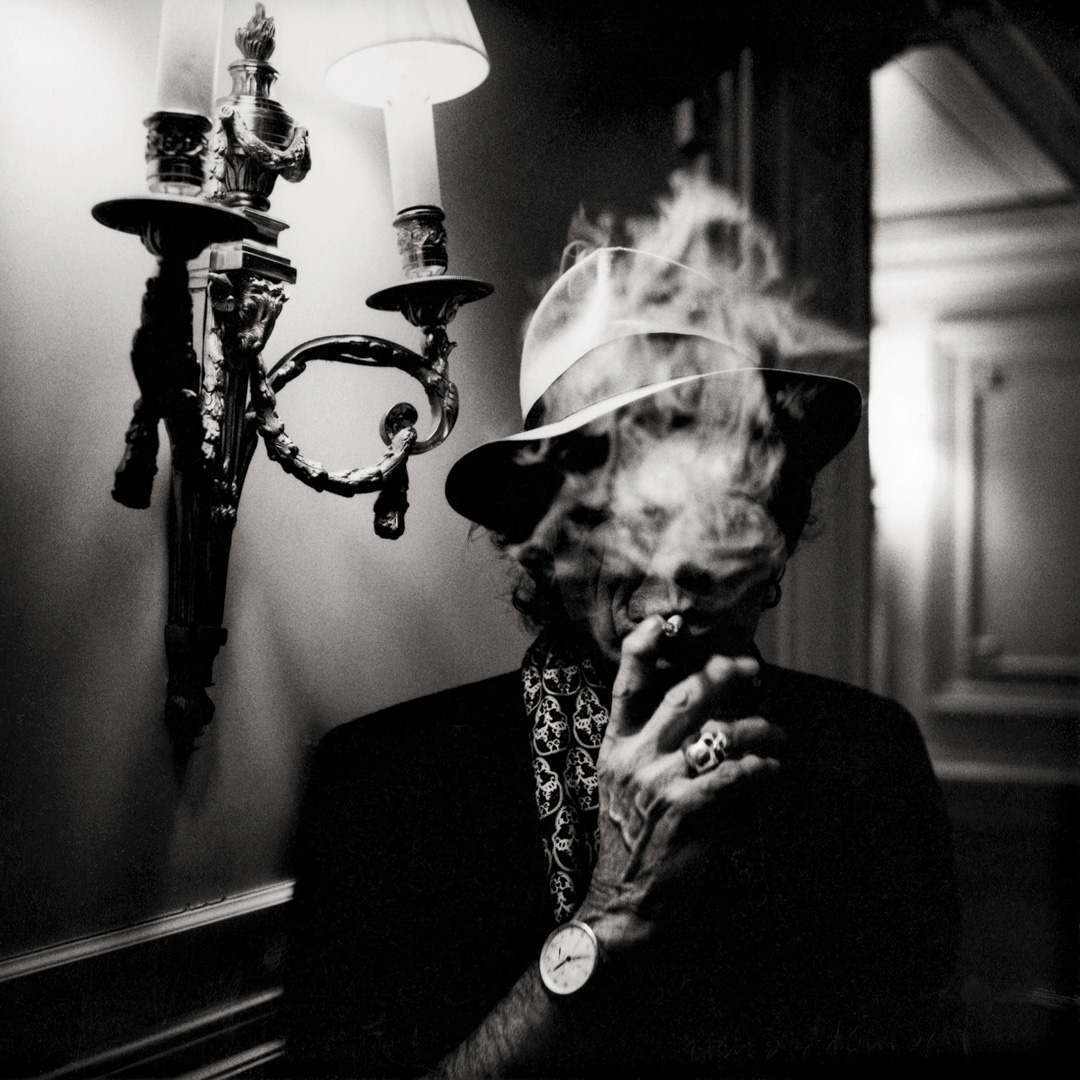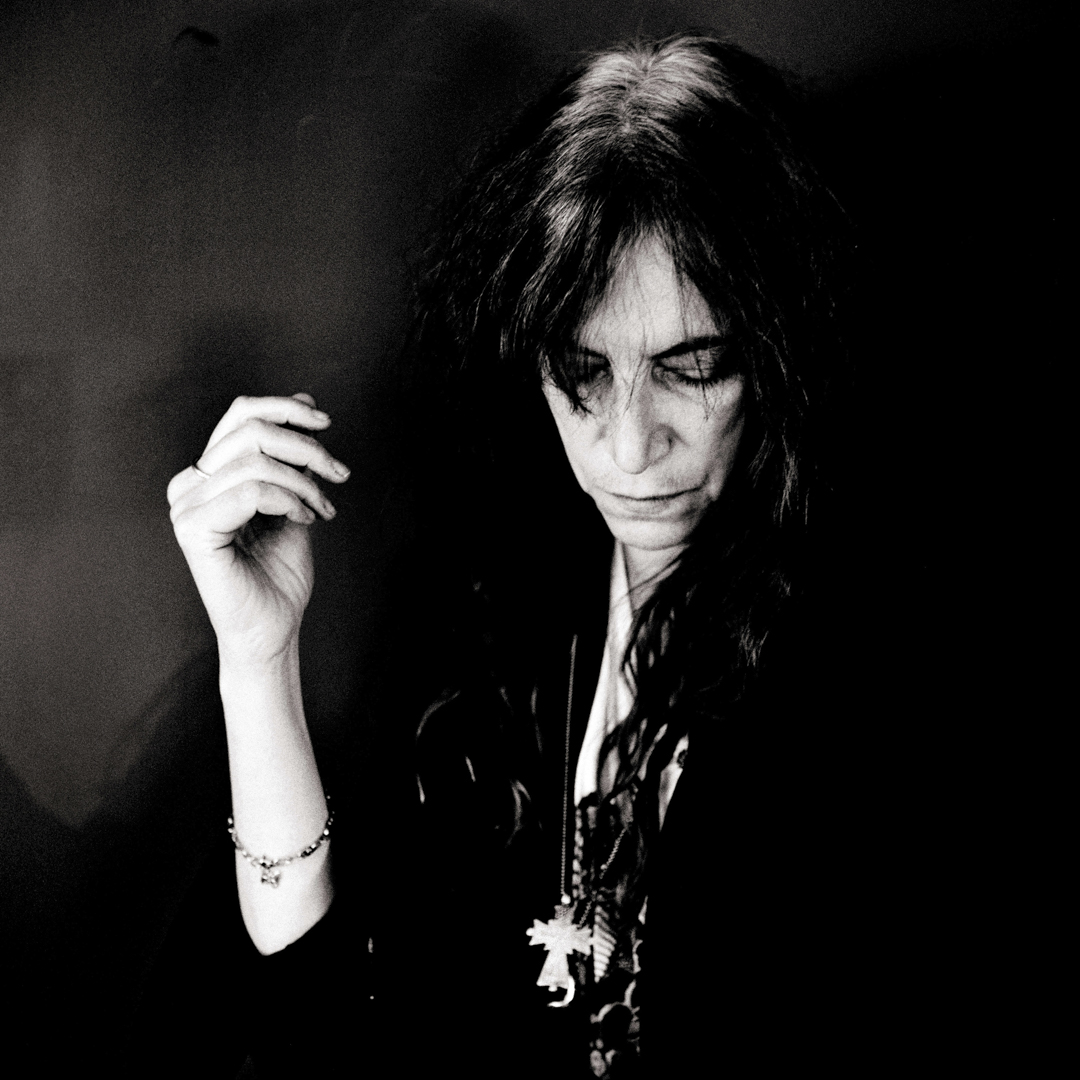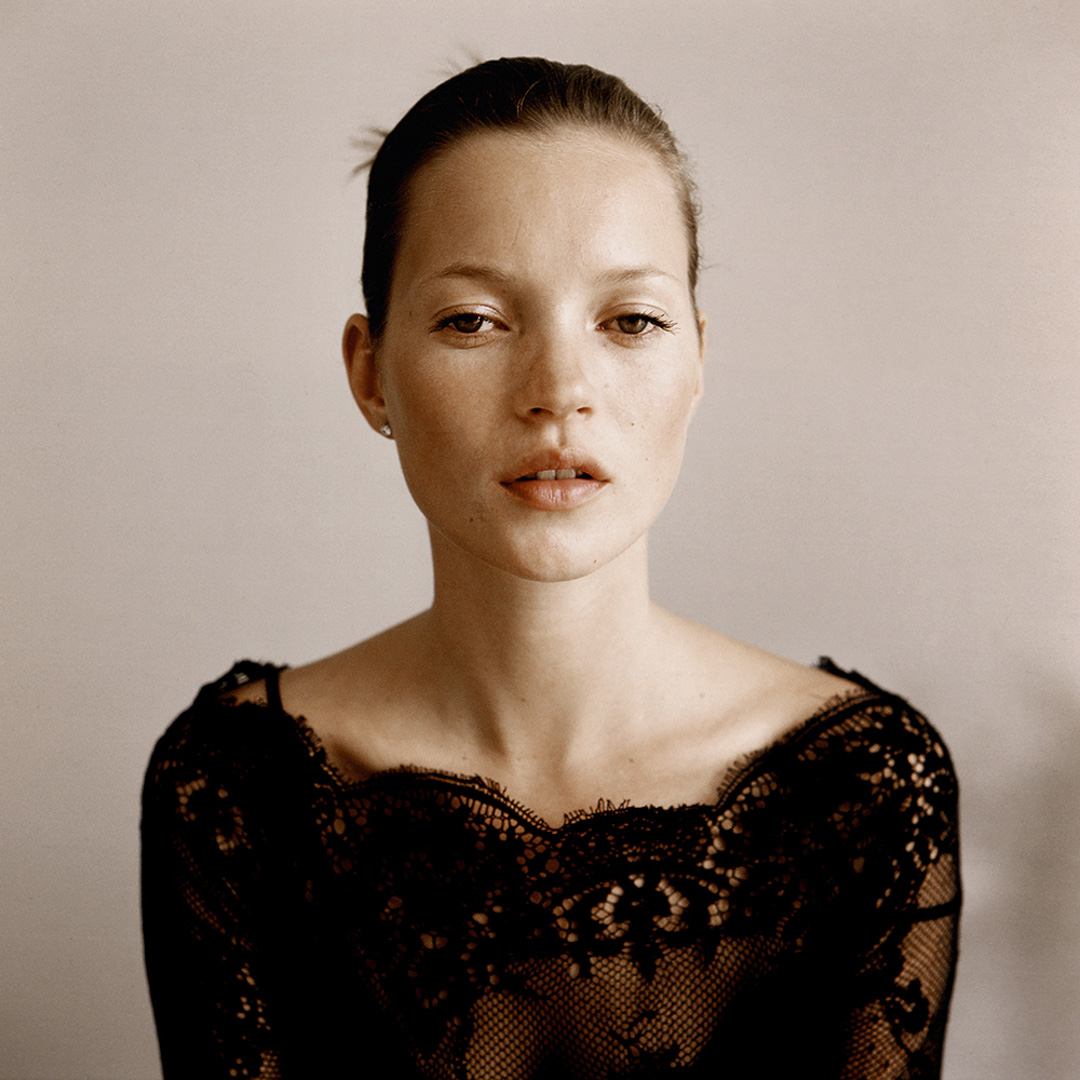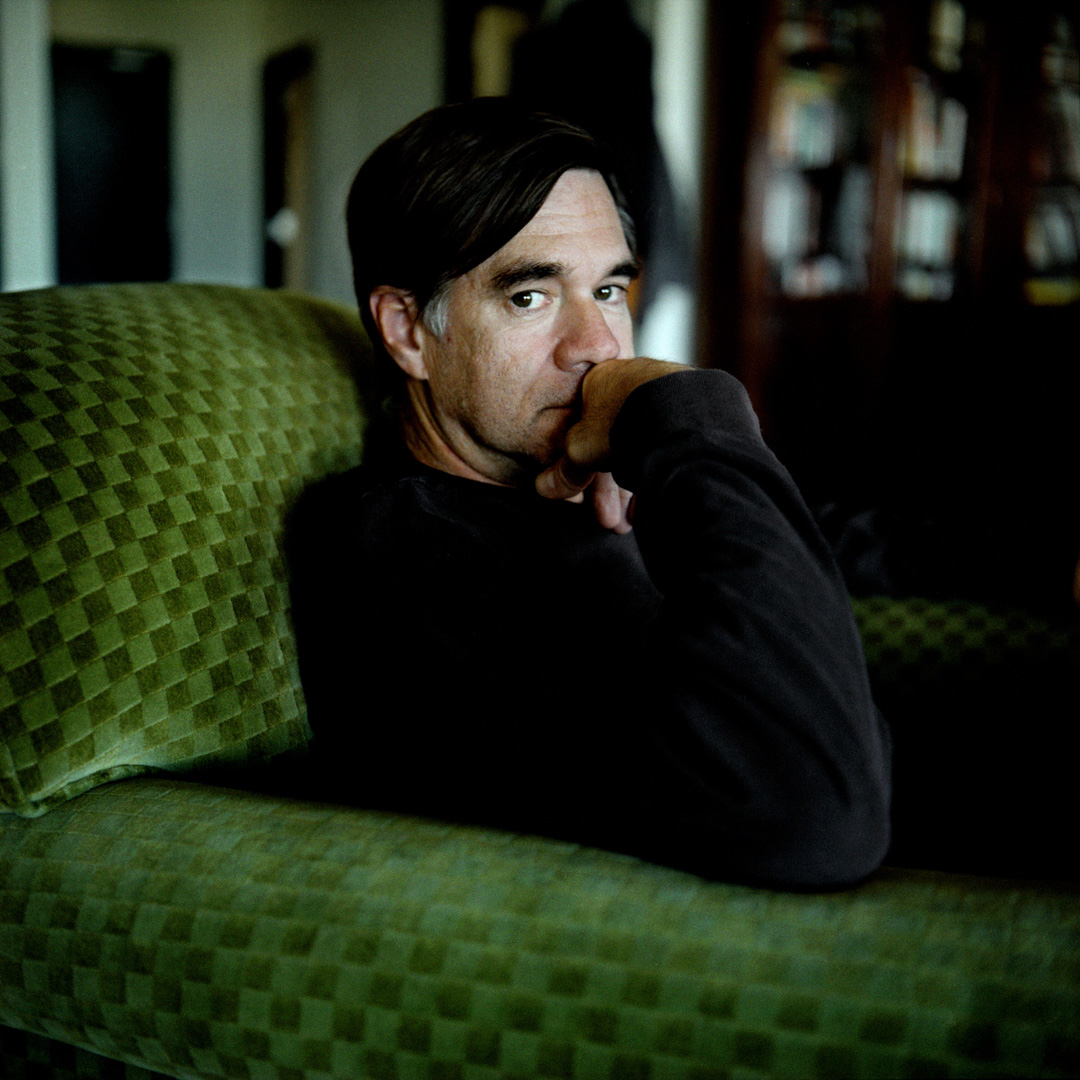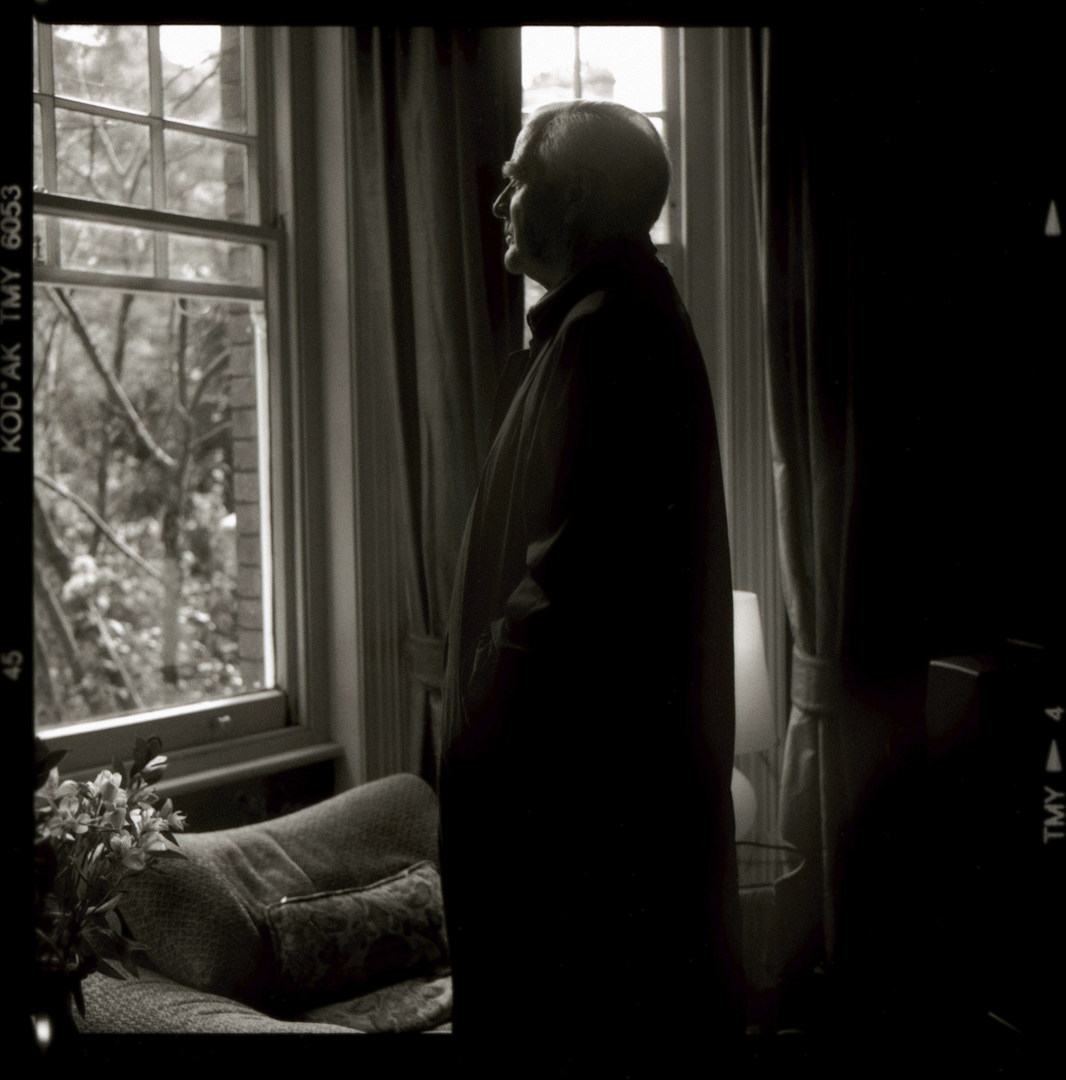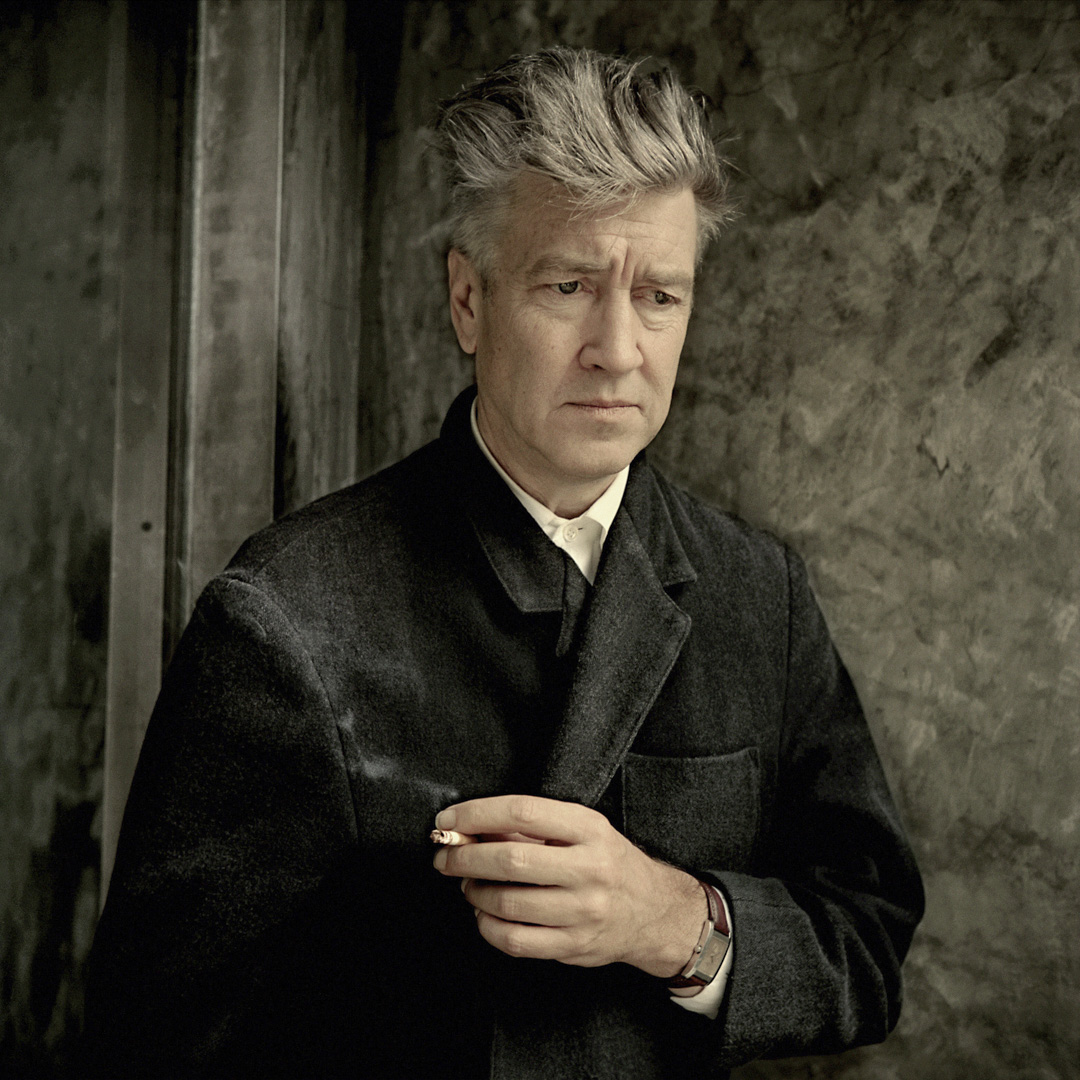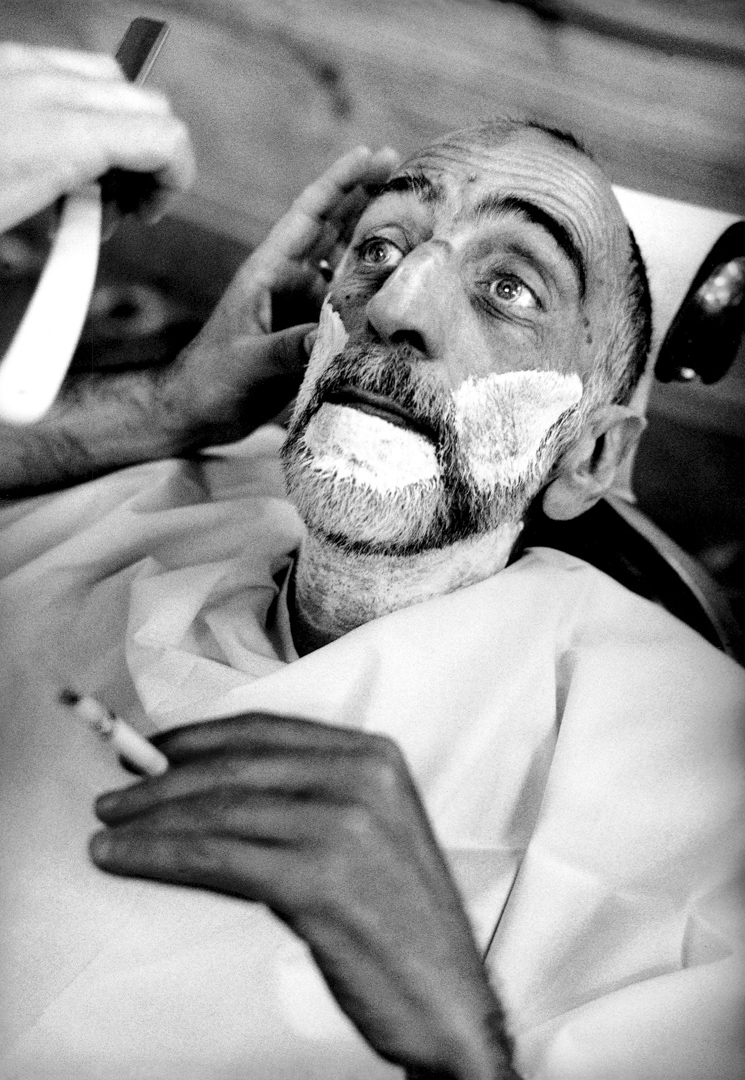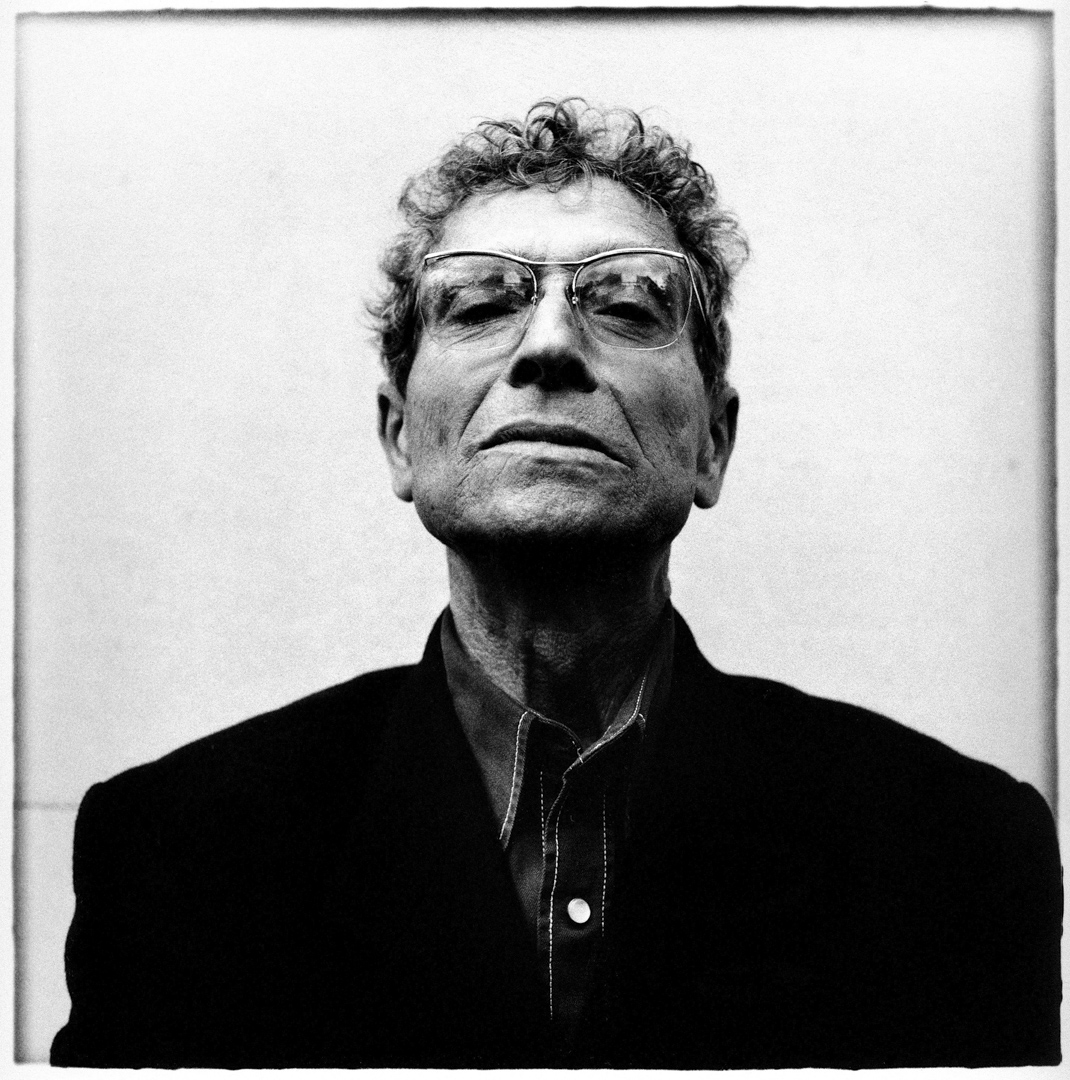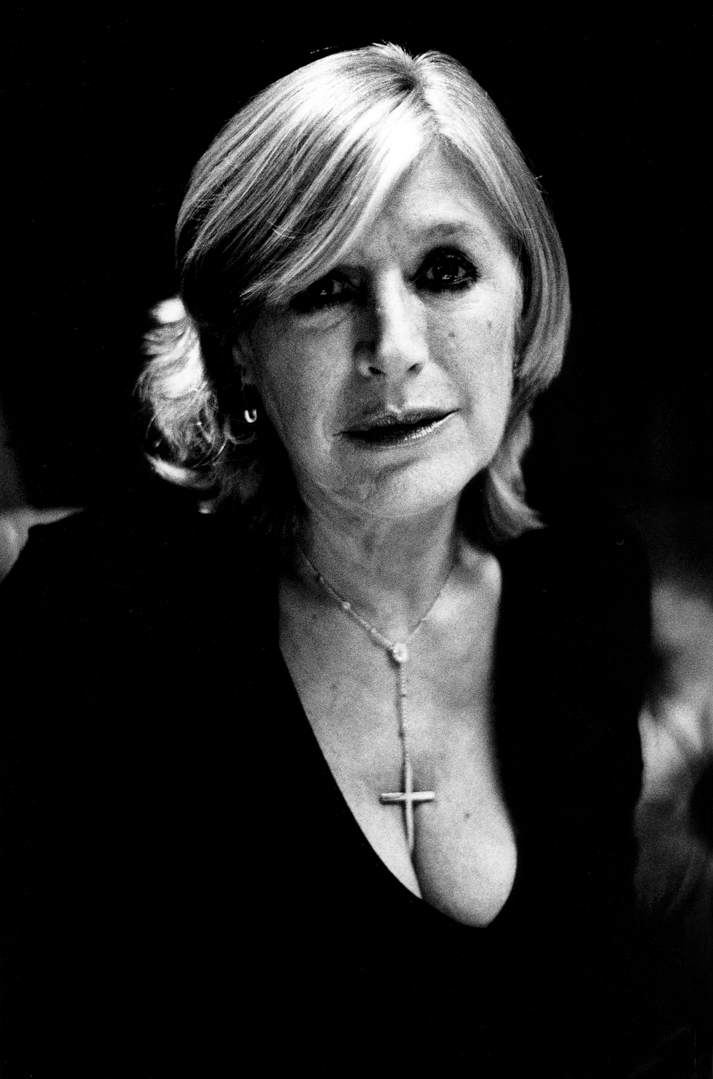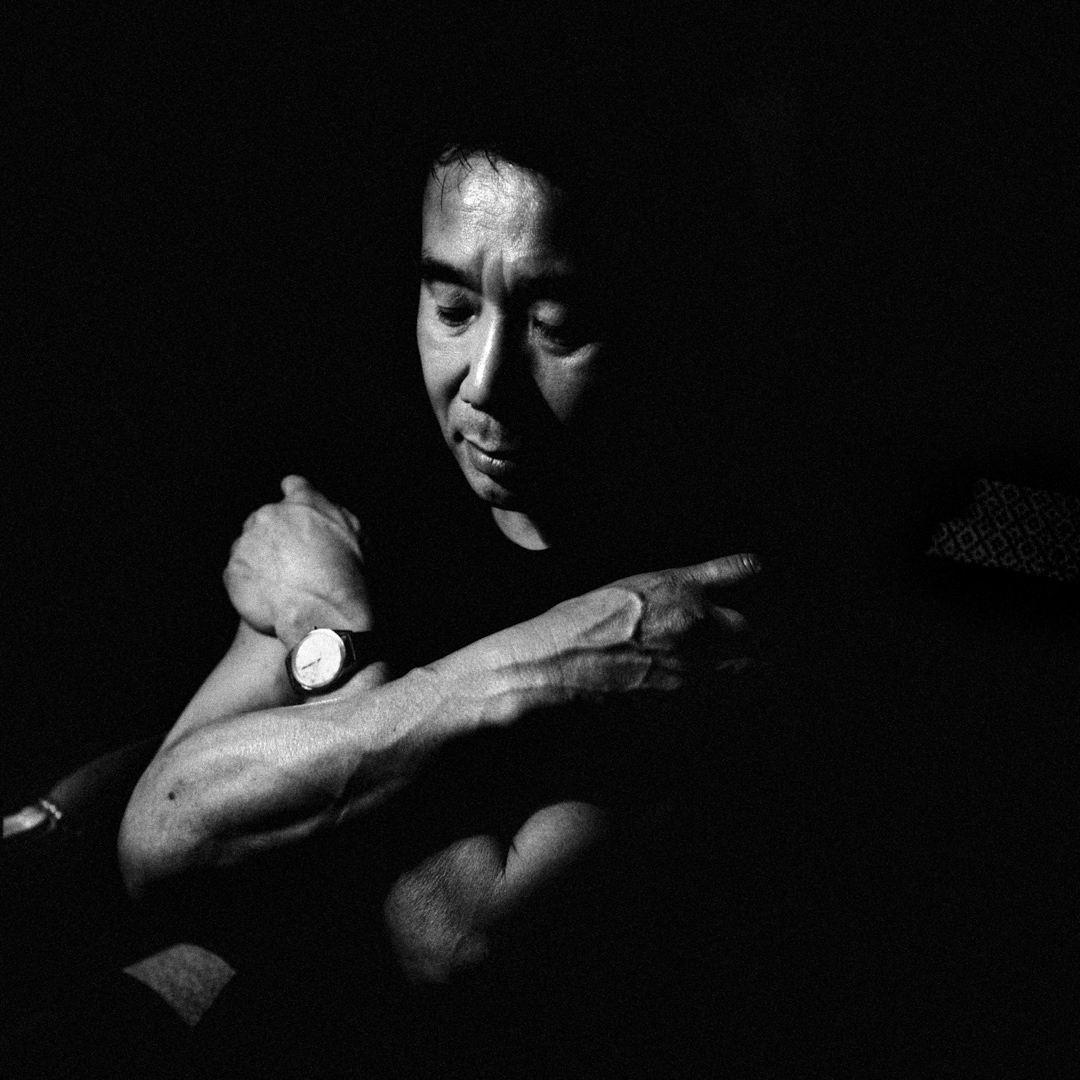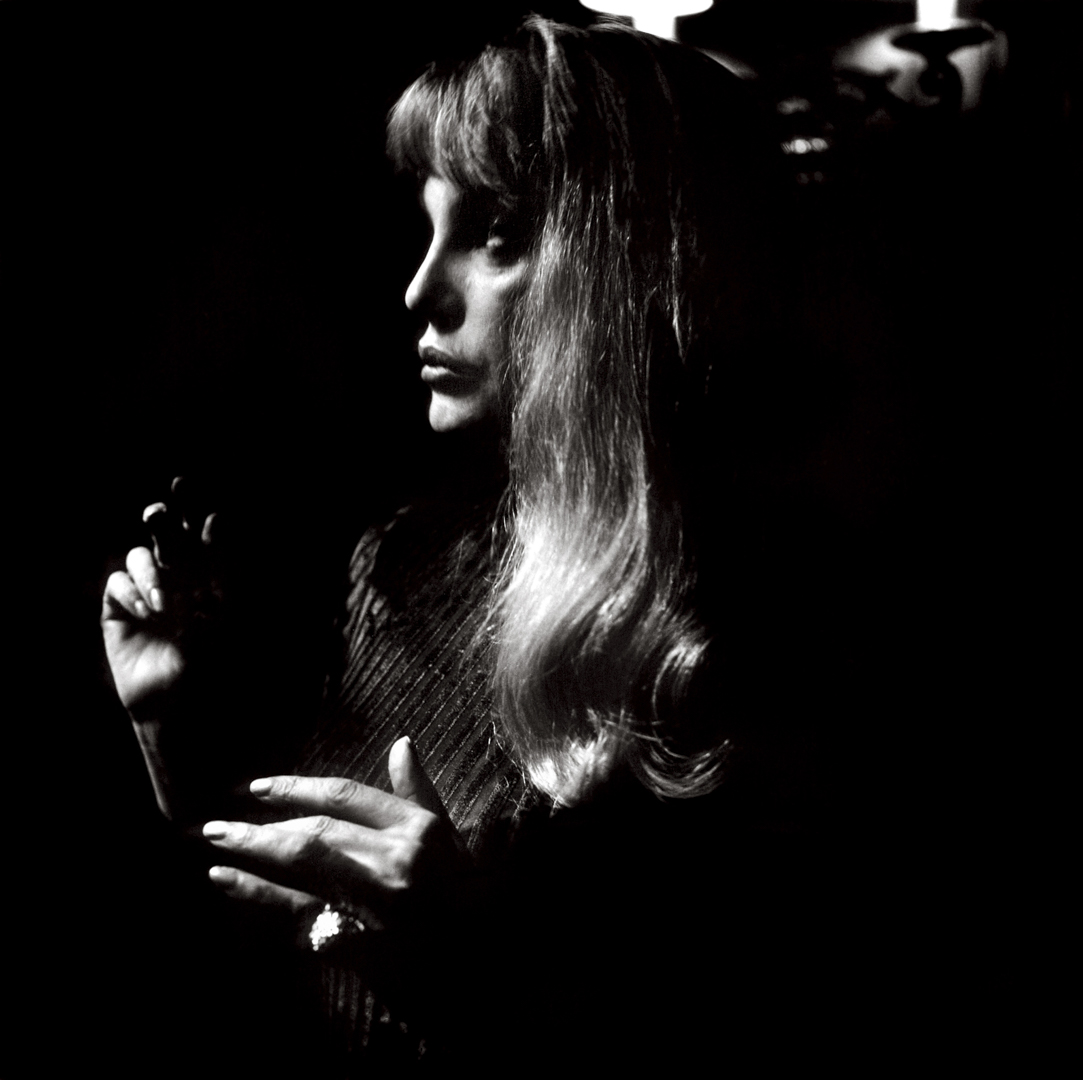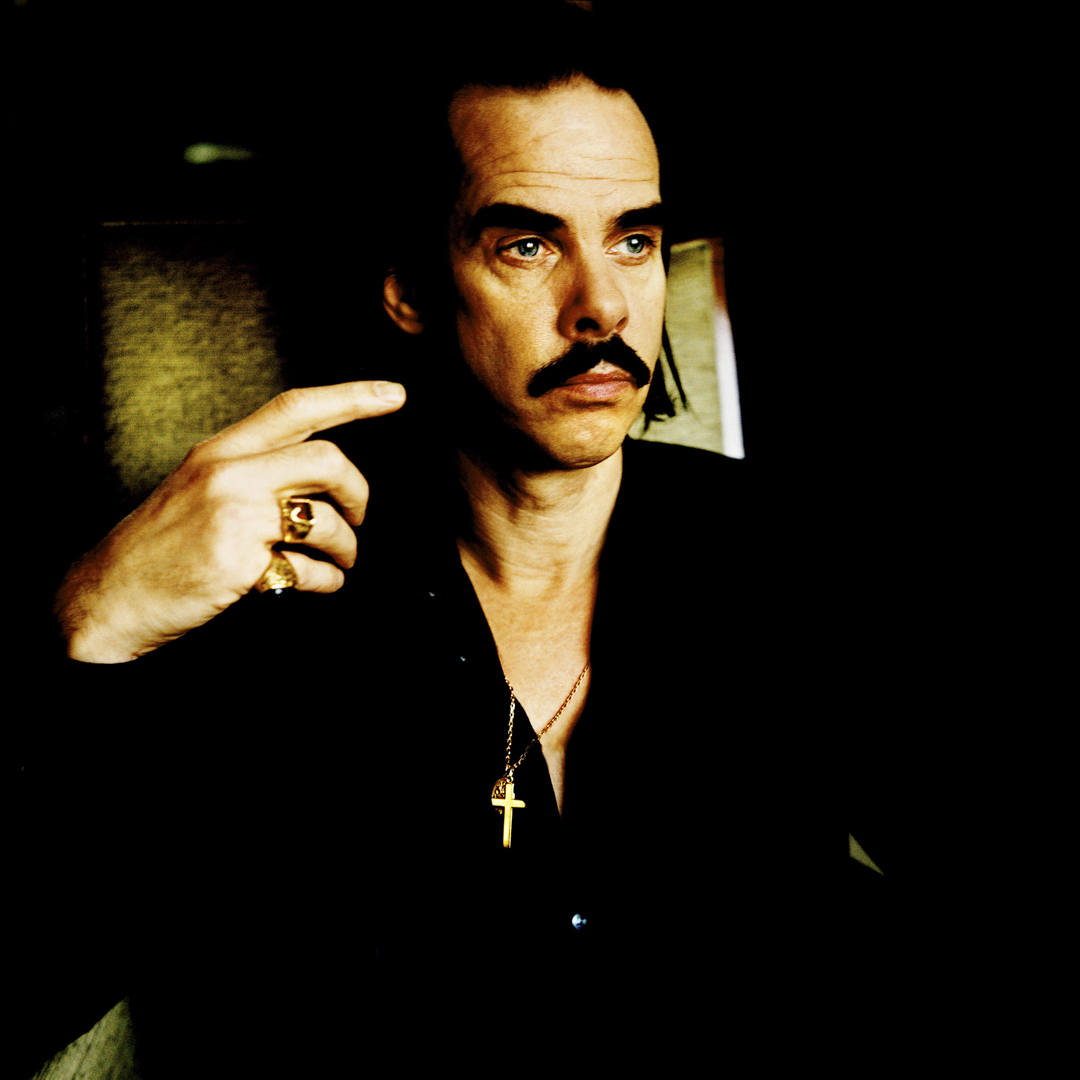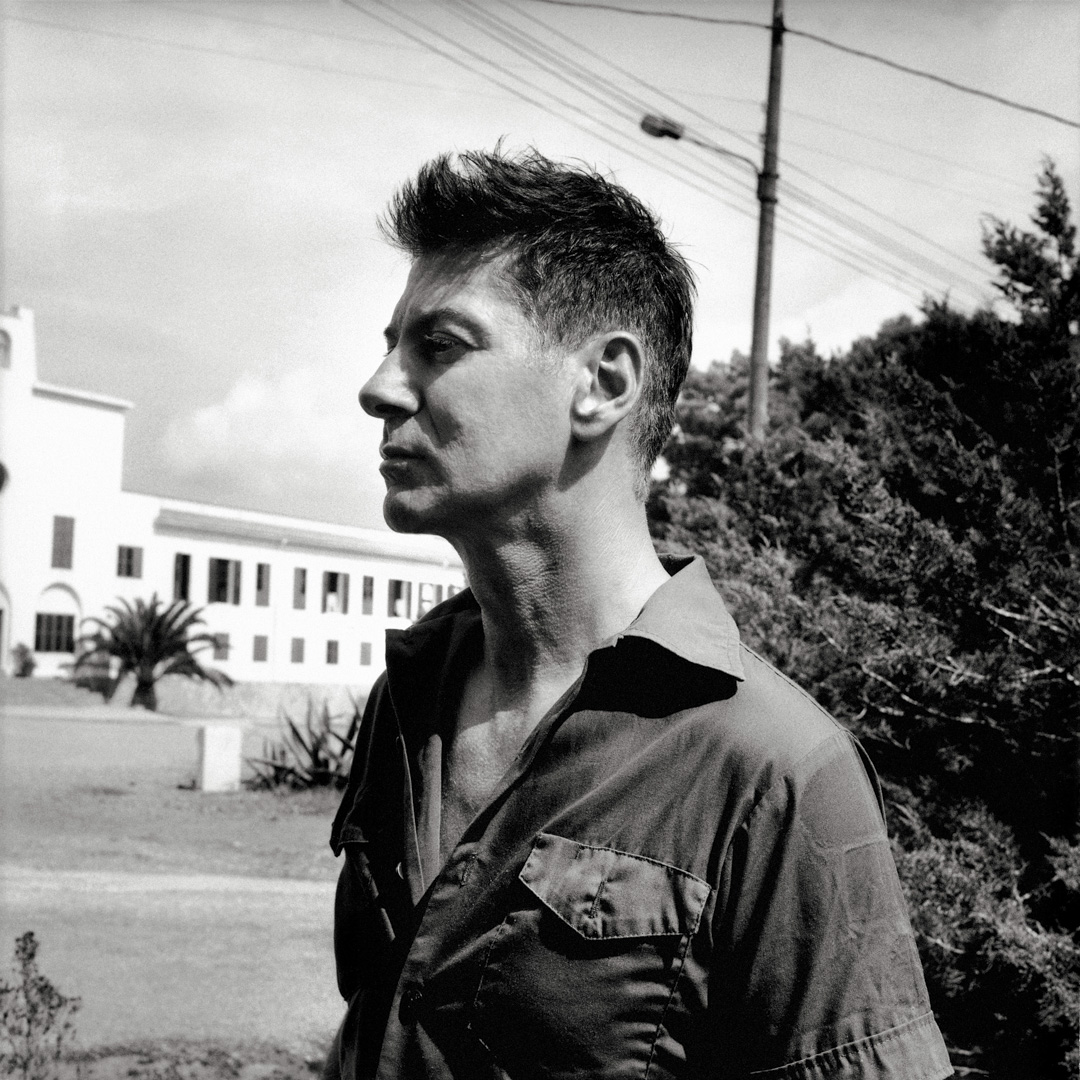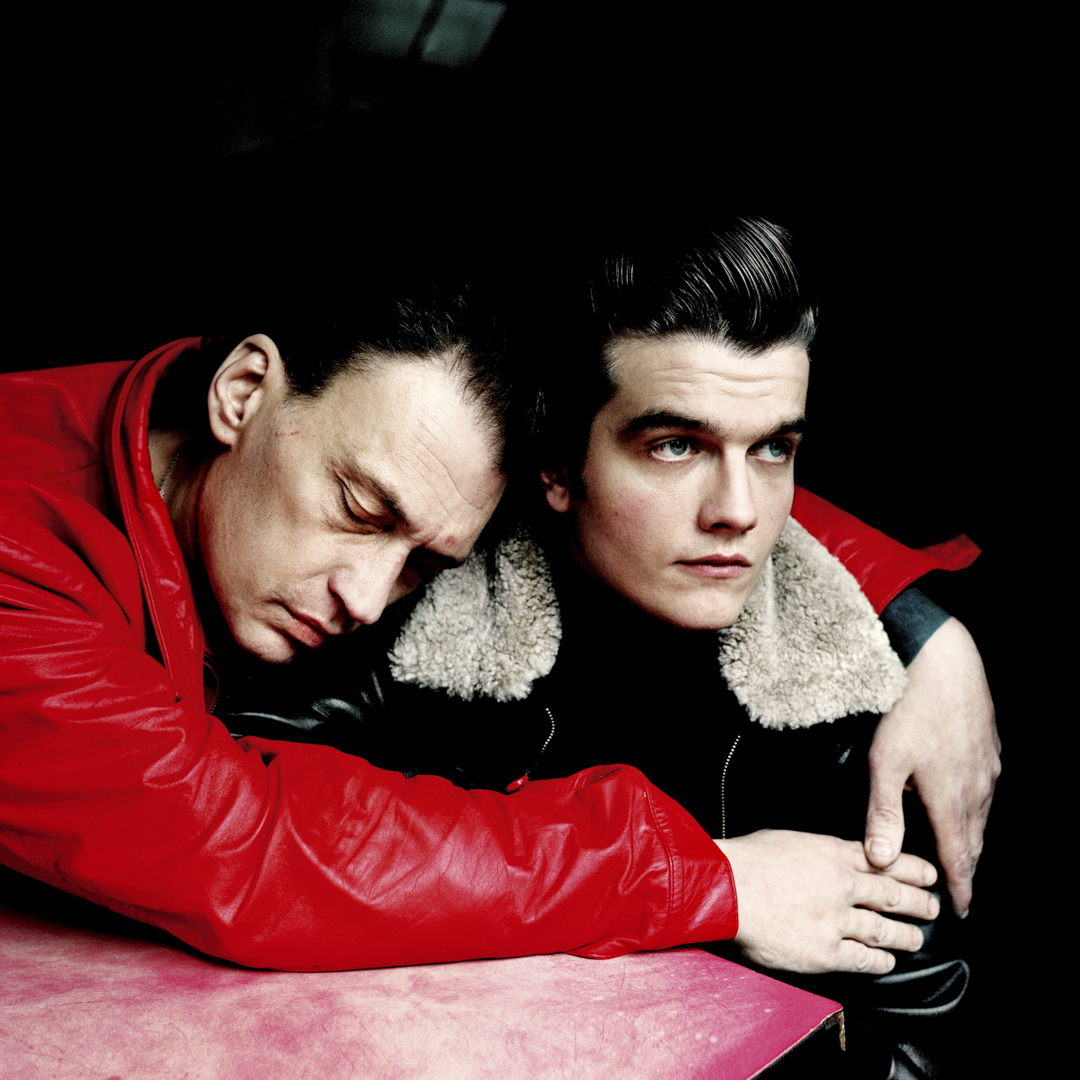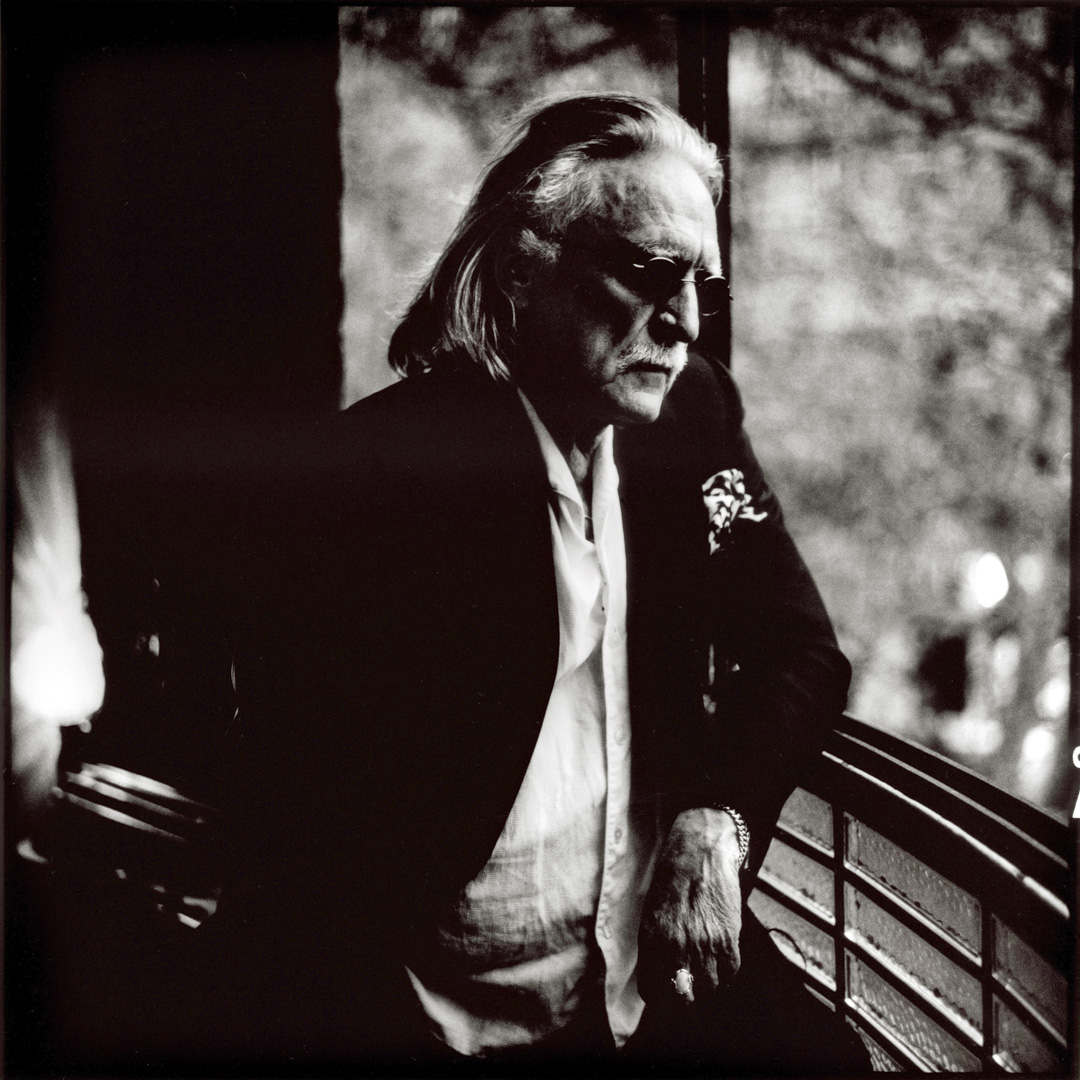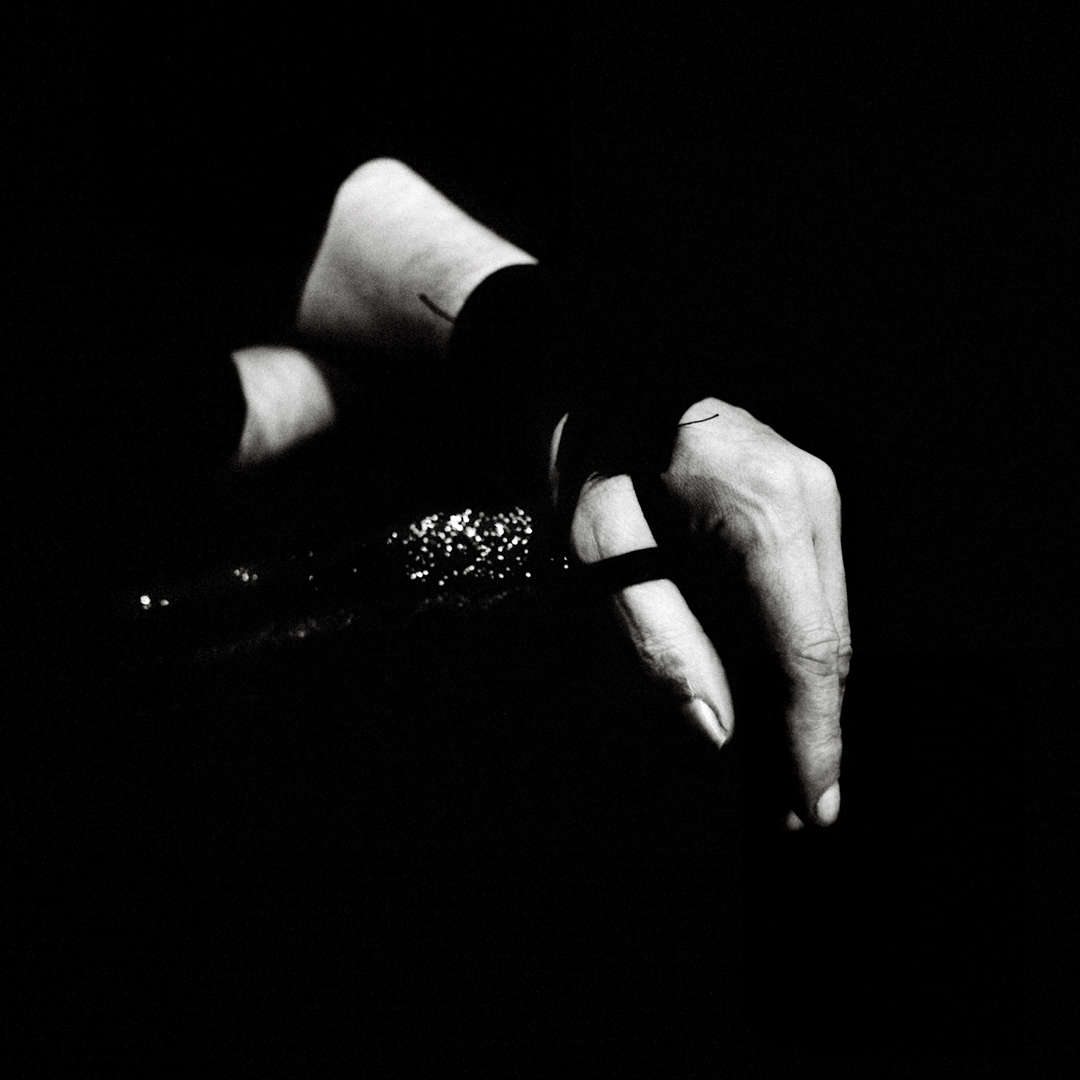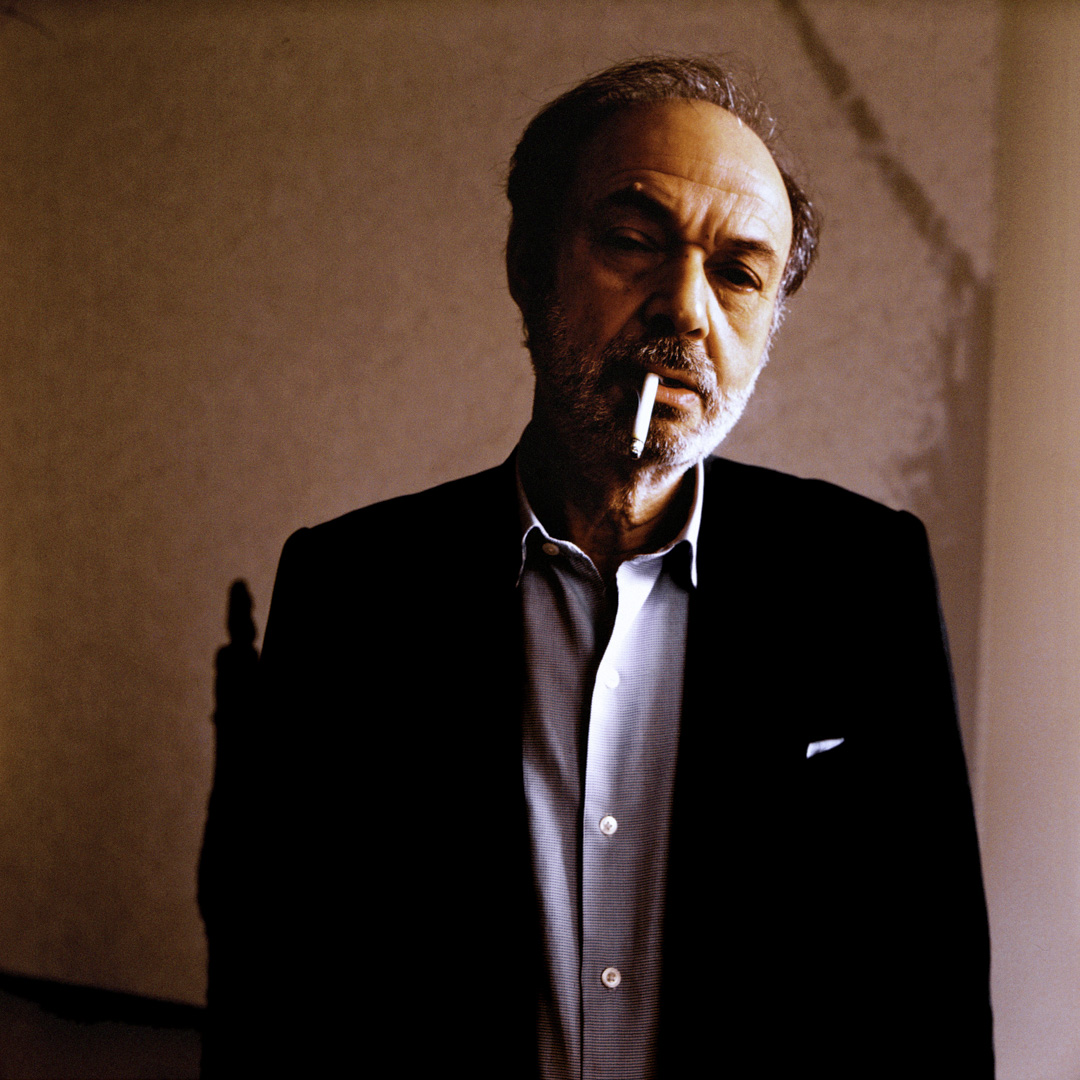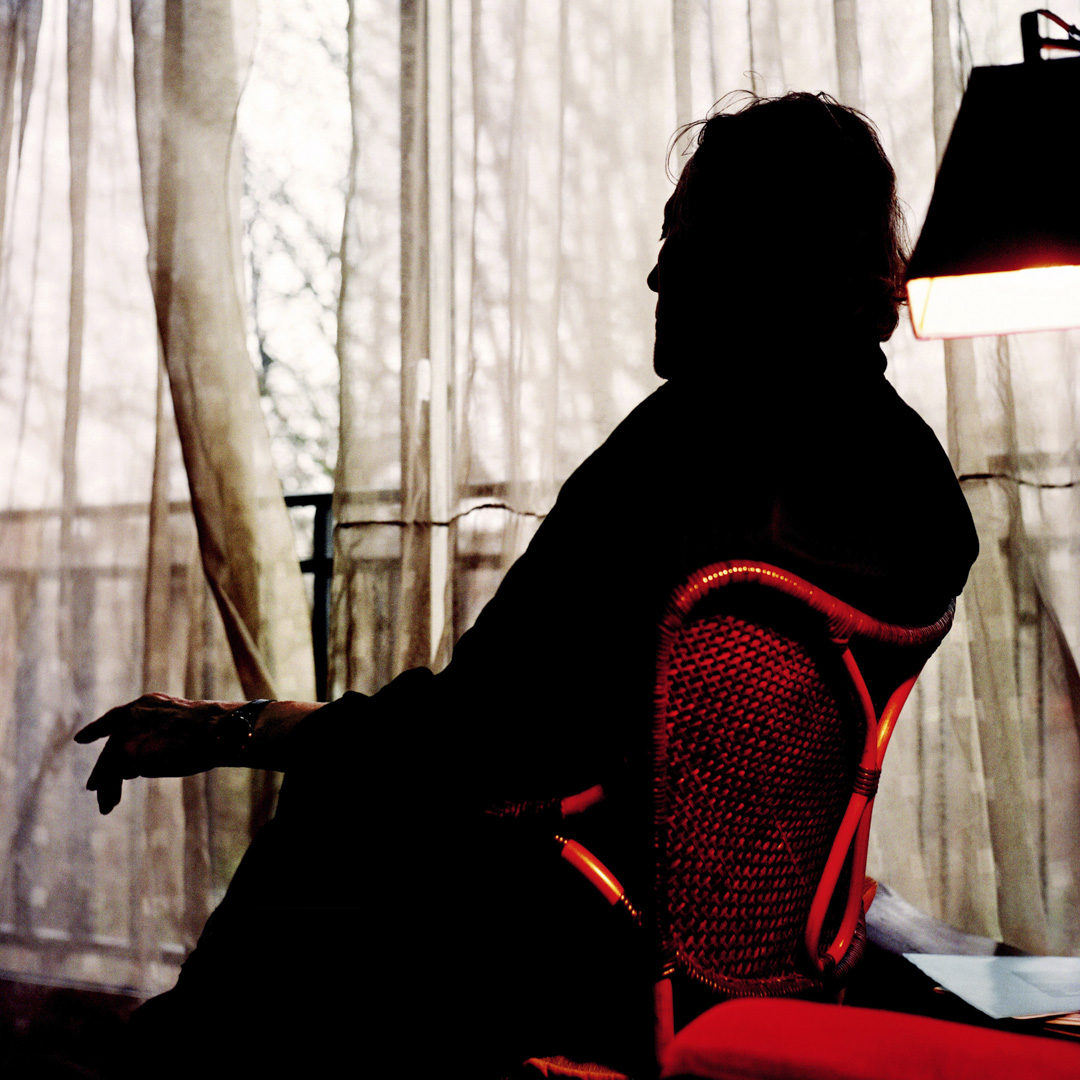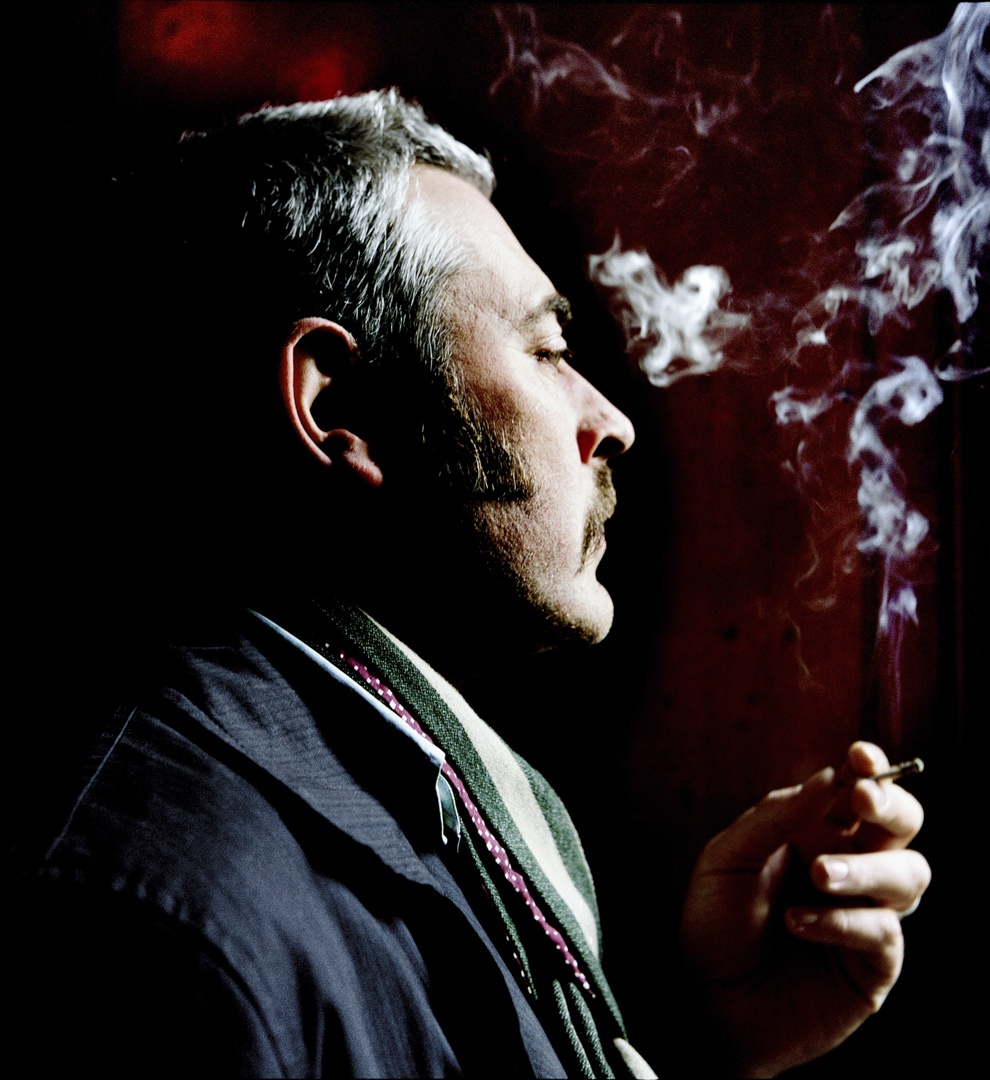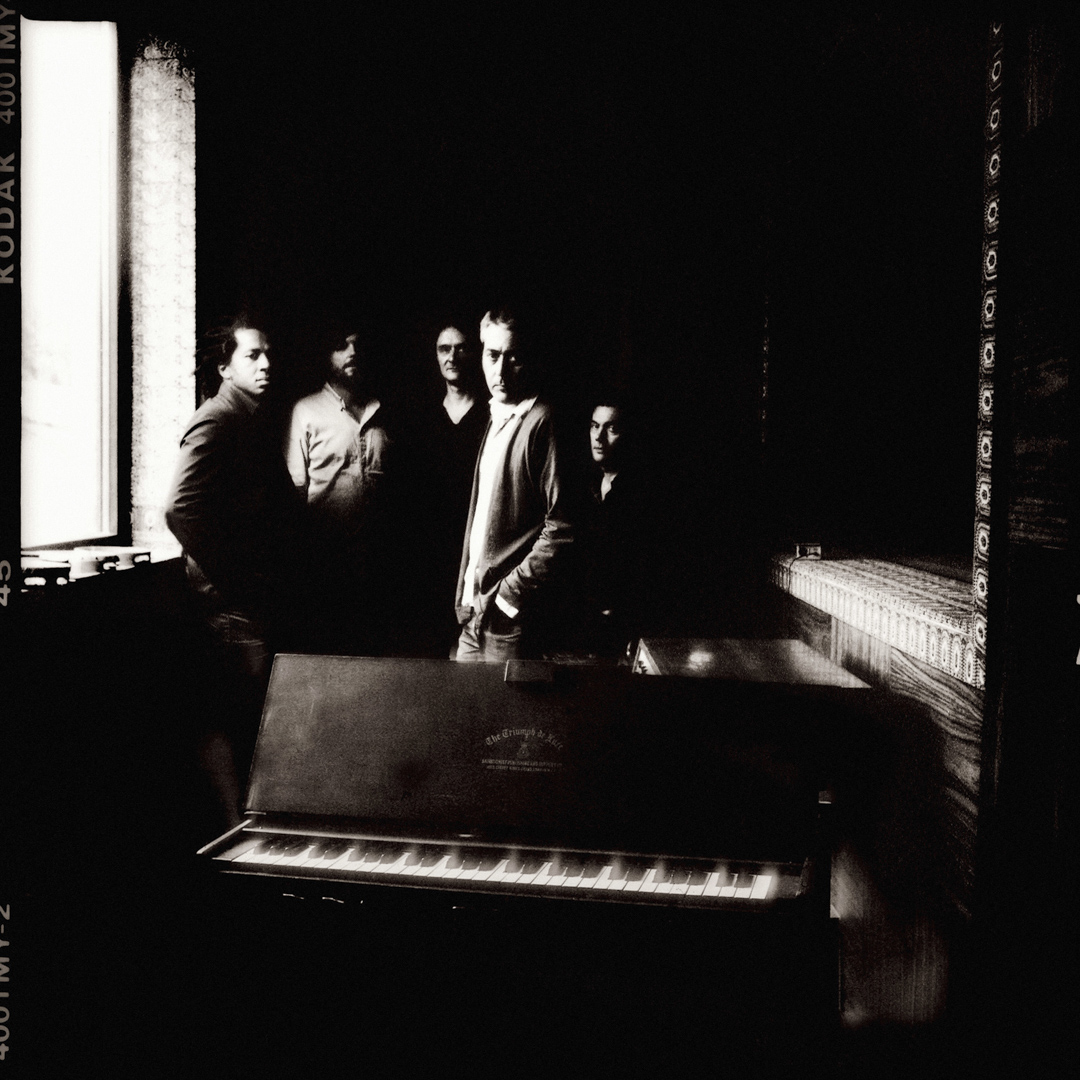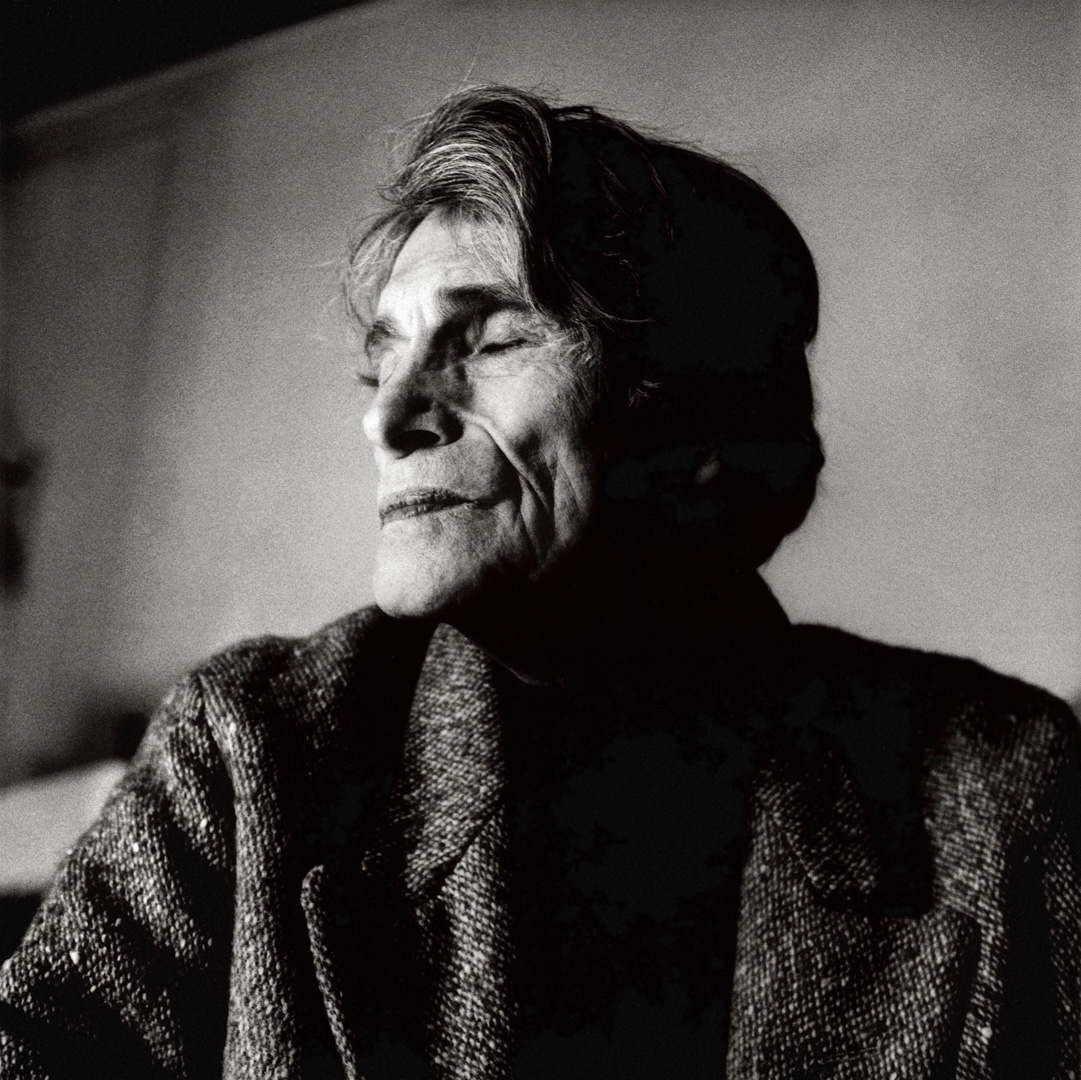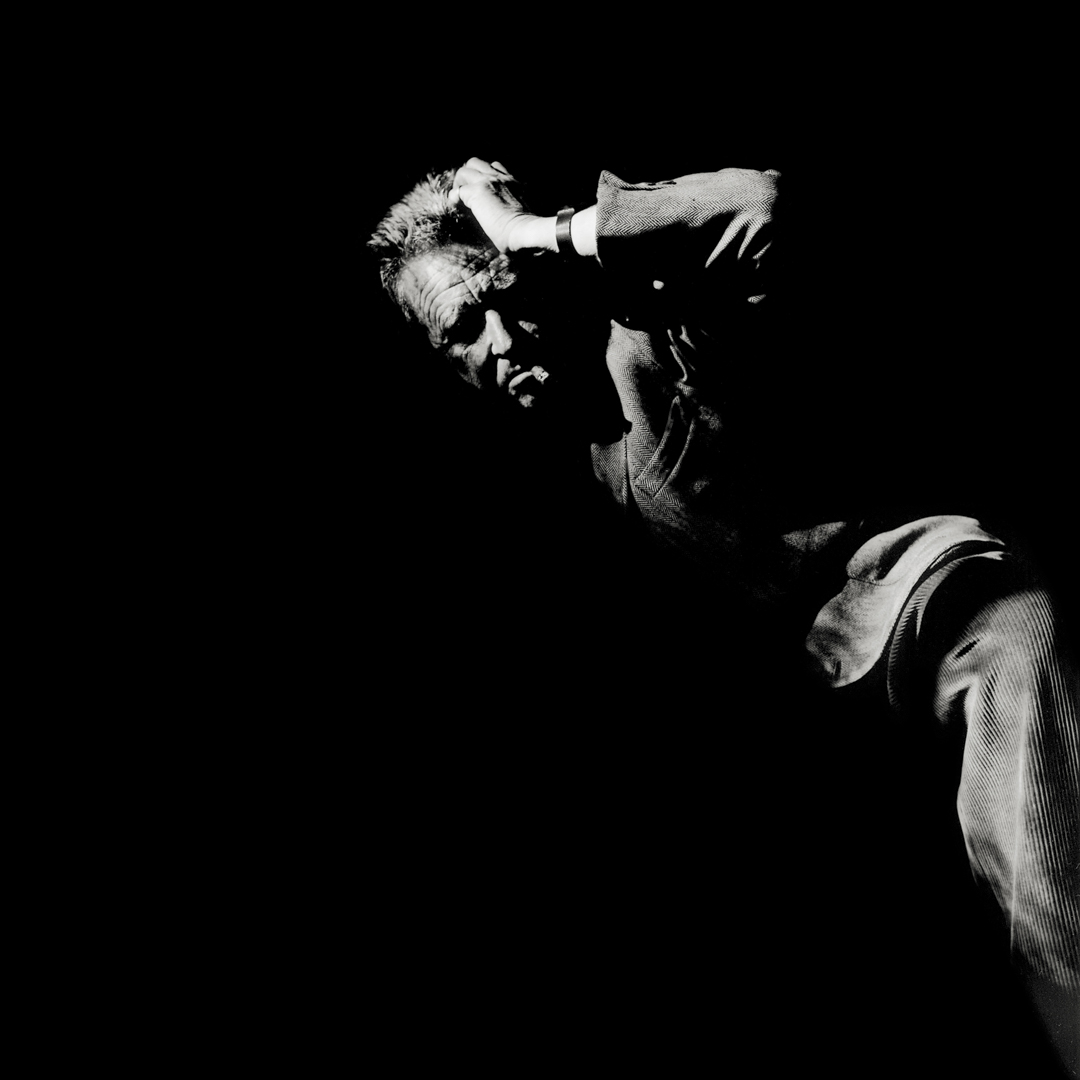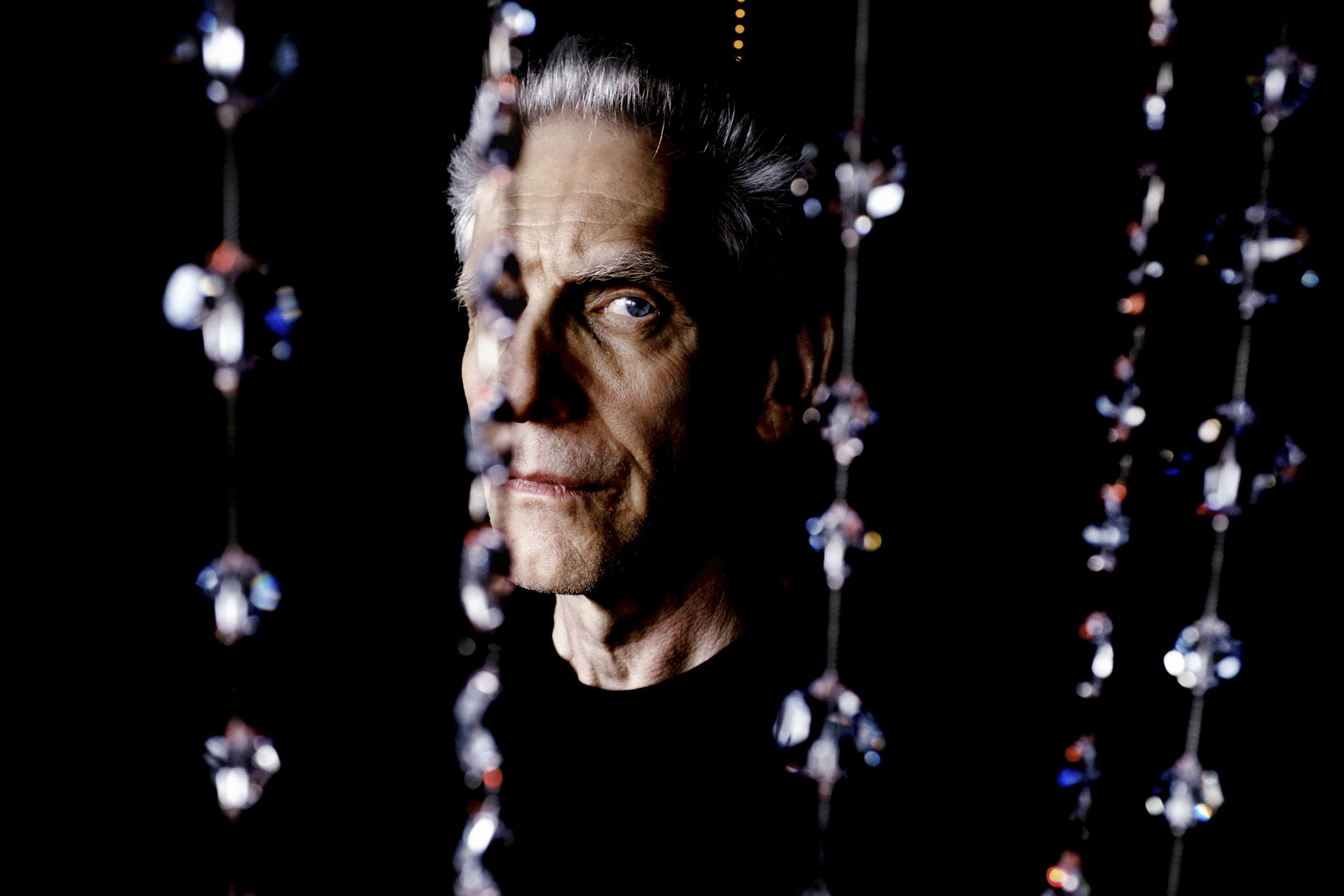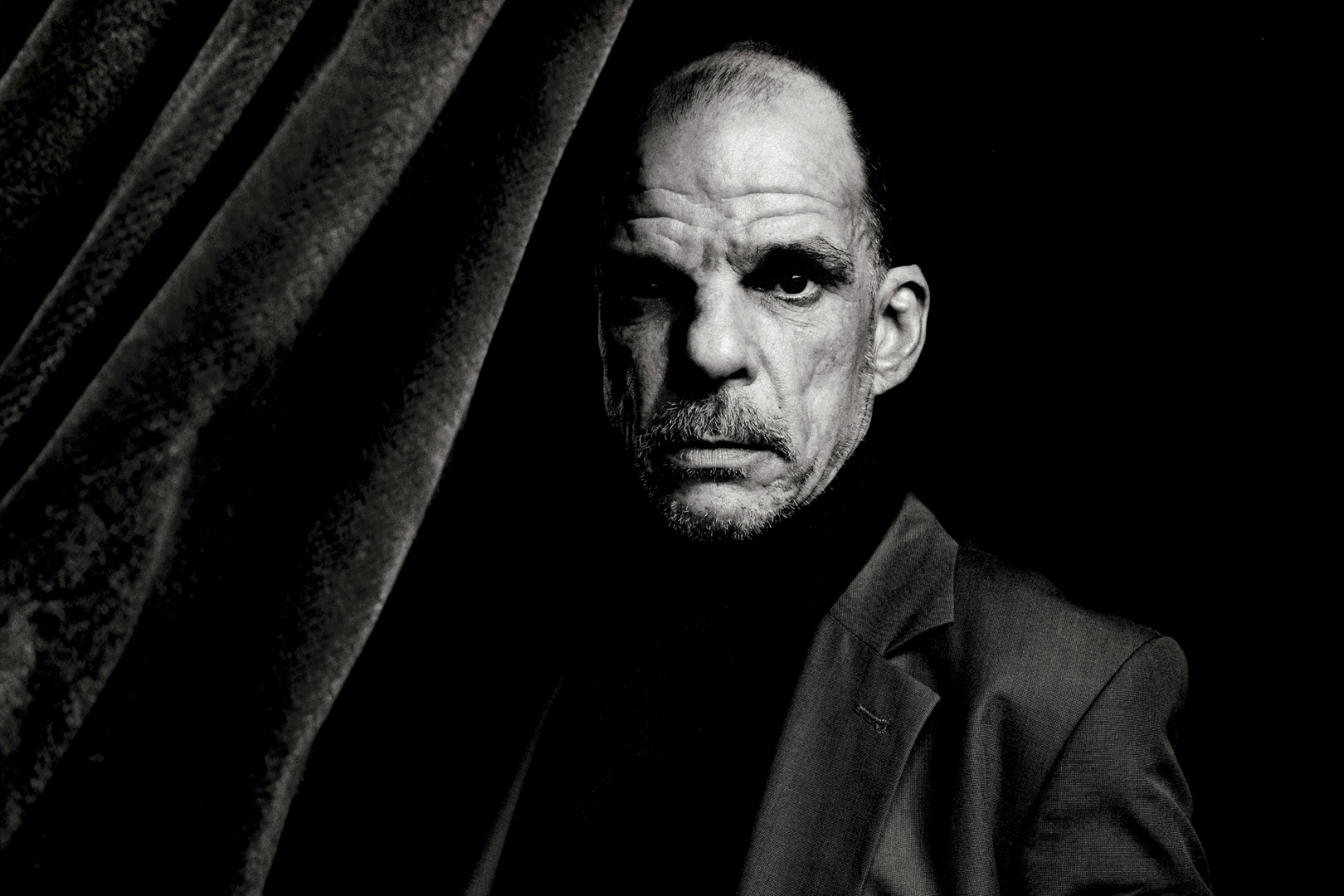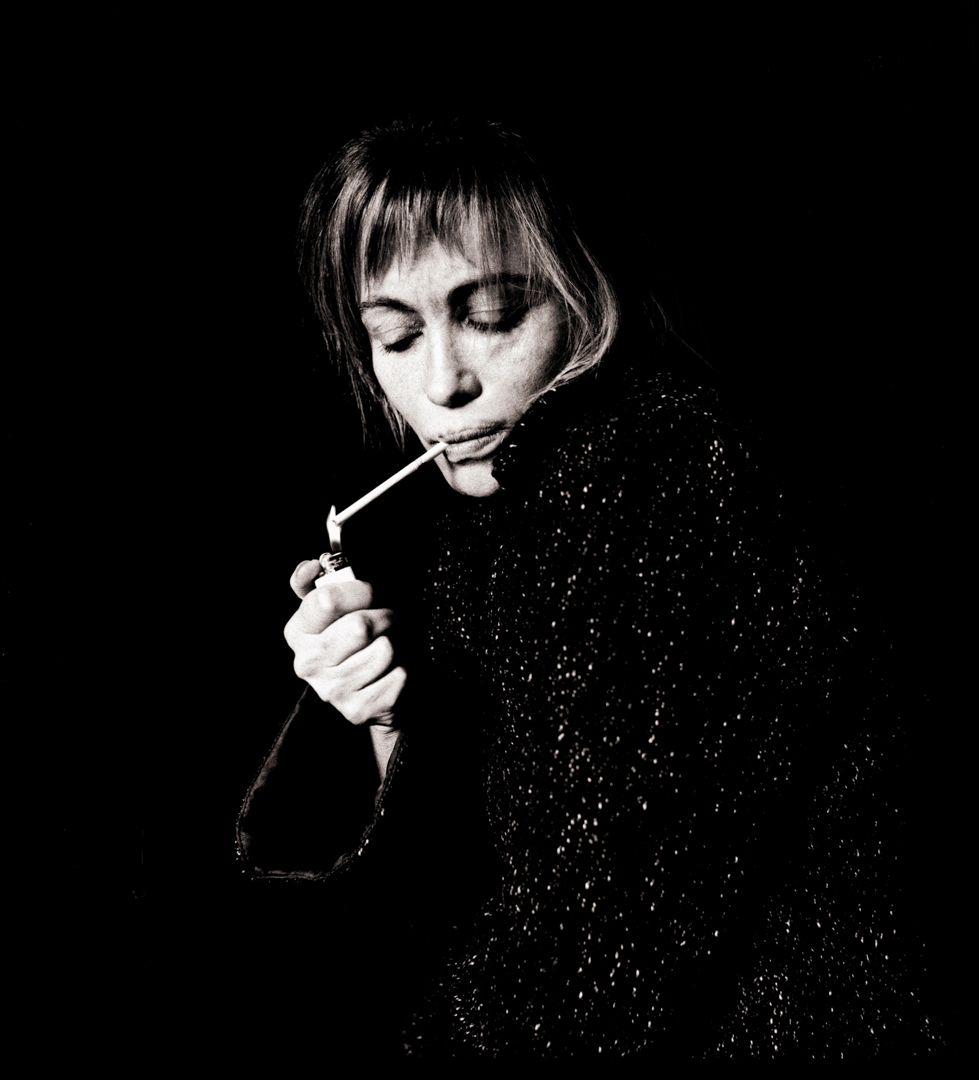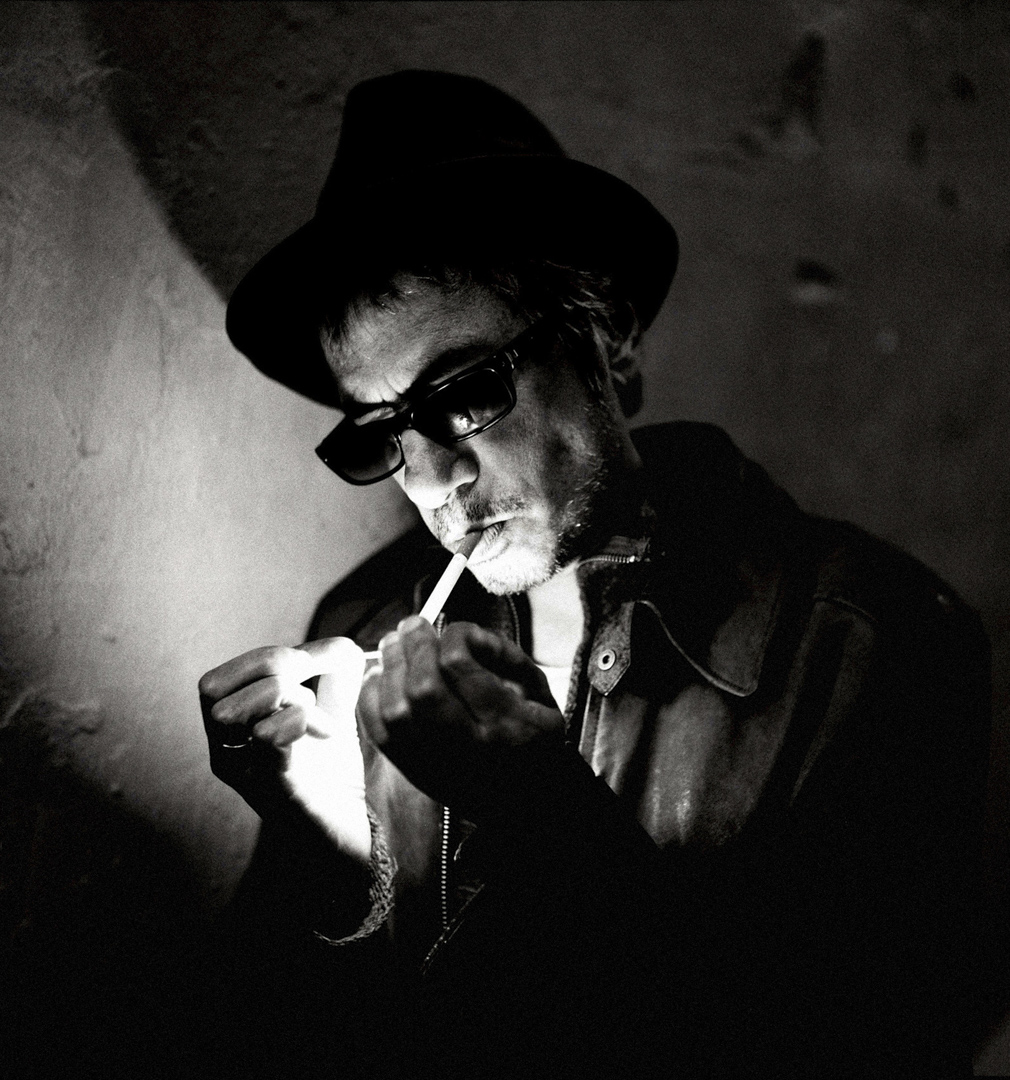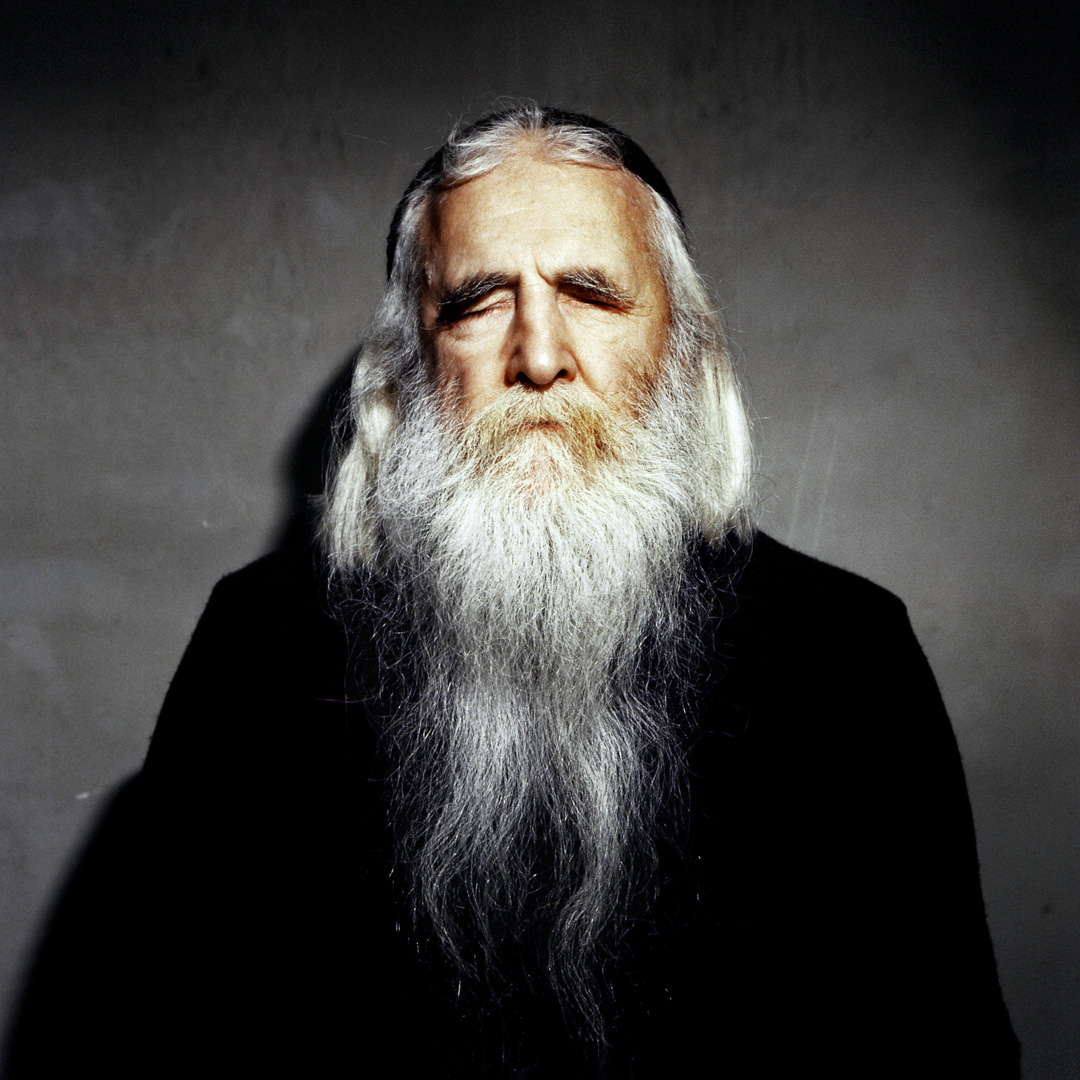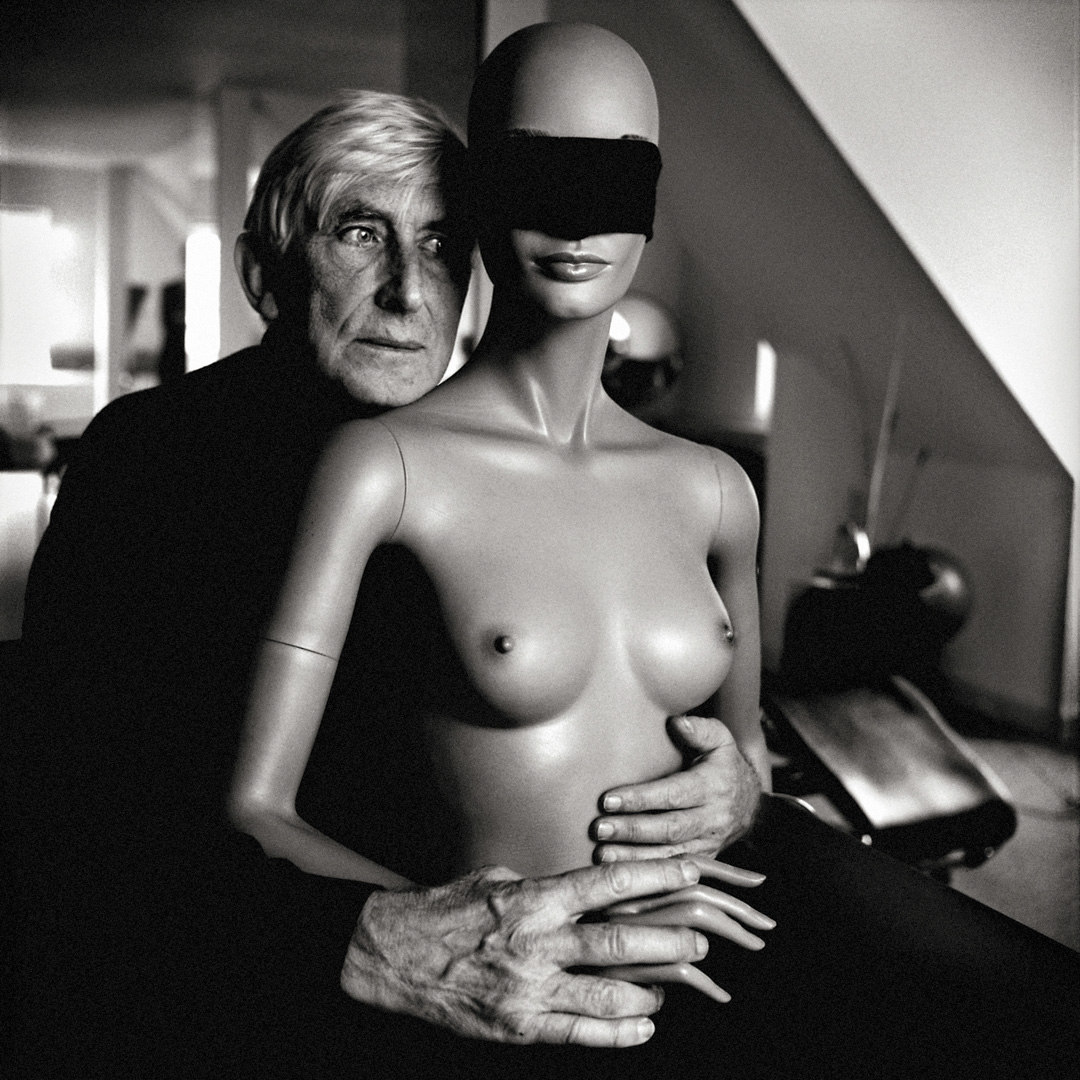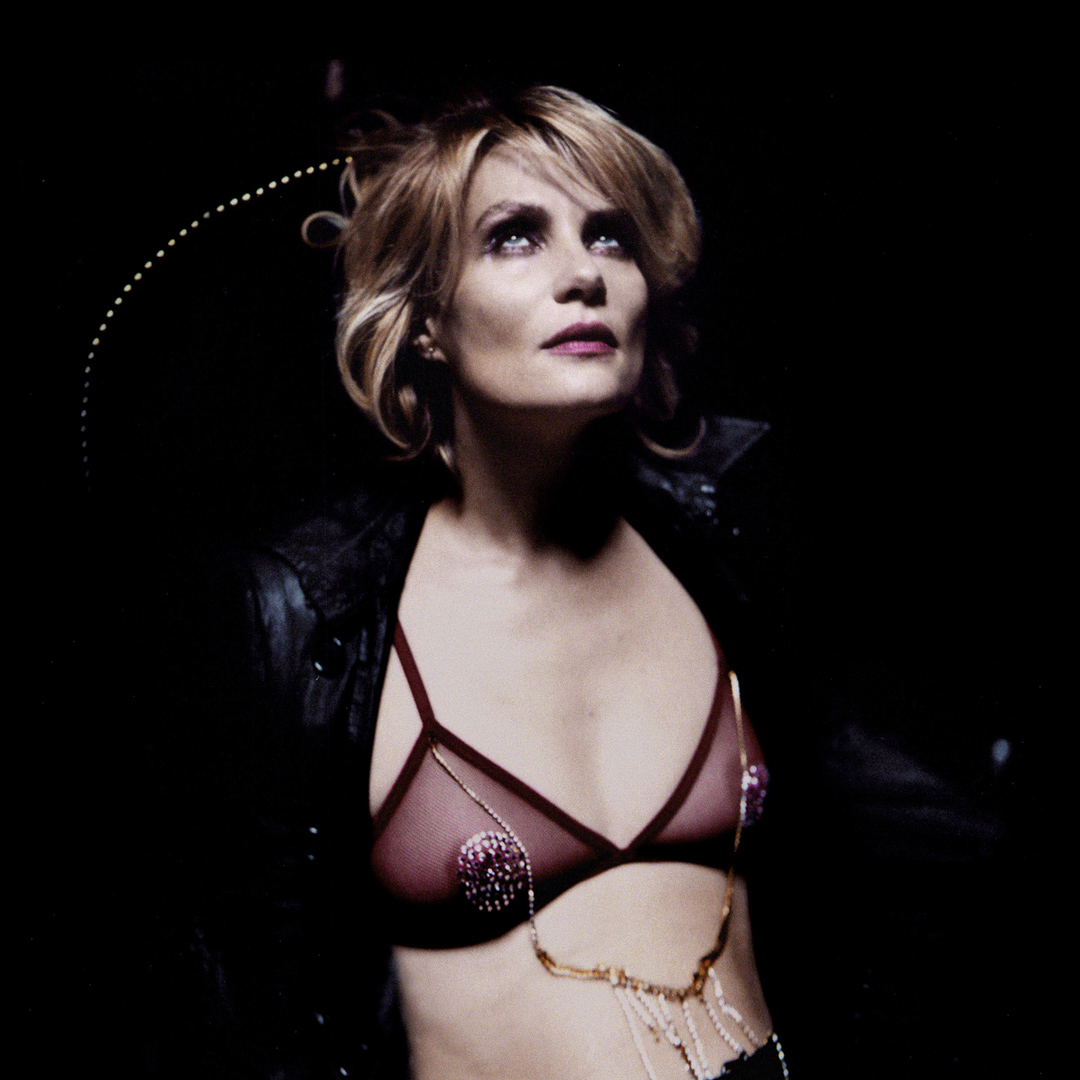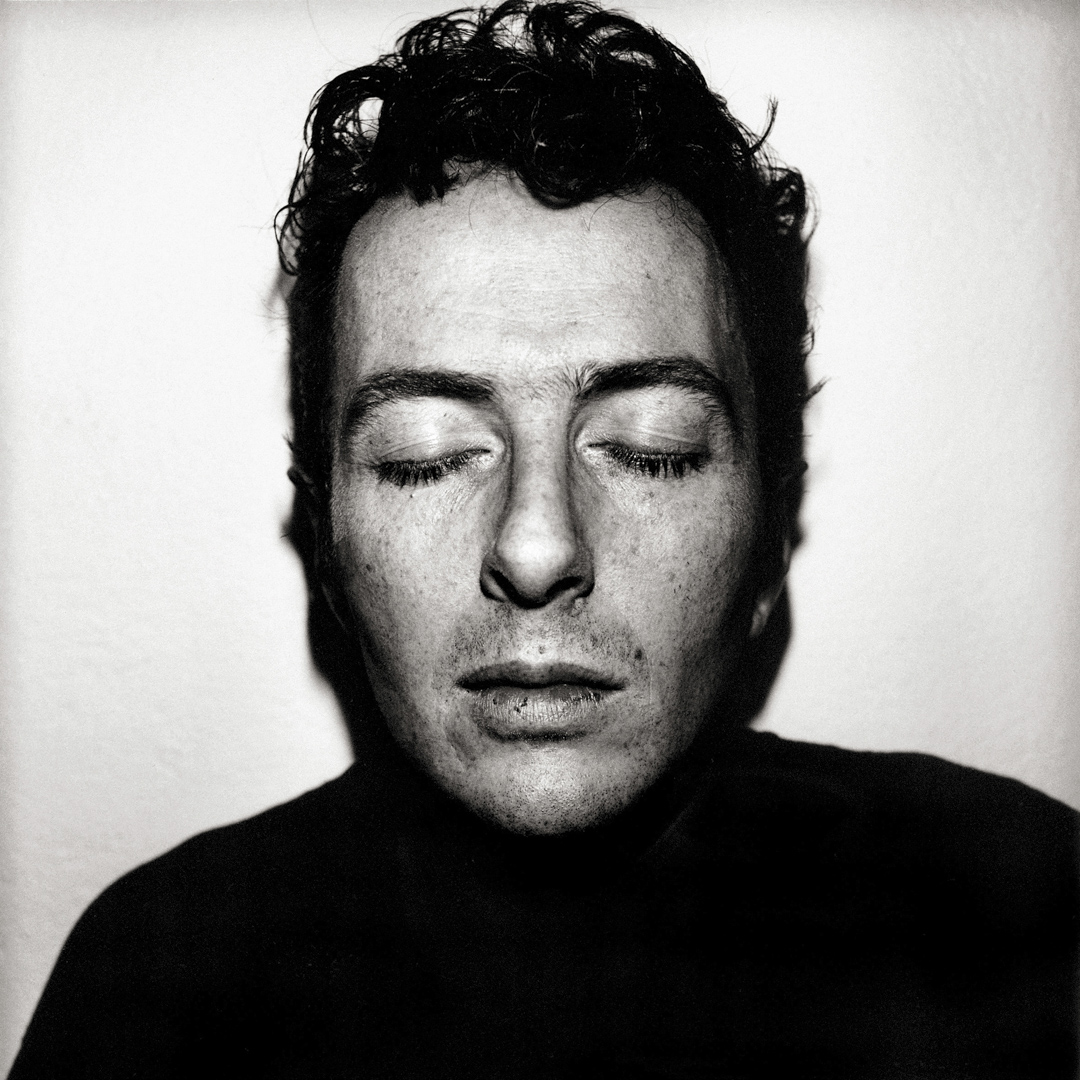Suite, 2020
Suite continues Richard Dumas’ work and his reflection on the photographic portrait.
At the end of the 70’s, beginning of the 80’s, many young people, nourished as much by a good education as by a solid instruction, are attending university, in Paris as elsewhere.
Richard Dumas is a province with Rennes as its capital where these students, seeing the end of it all looming with a certain boredom, find in literature, cinema and music a territory all the more exciting because they can define it themselves and experiment with something new, which belongs to them in their own right, not doing what they have been asked to do but doing what they want to do. One feeds on the poets of the past, on a cinema which experiments, and on a music of which the rock & roll is the spearhead, the safety pin which clings to the ornaments of a world which will continue to deny and until this day what it could have had of good.
In Rennes, he found companions like him, scholars and aesthetes, aware of their time and what was expected of them, to do what their time demanded and go beyond expectations. Richard Dumas records on the 4 tracks of Marquis de Sade, the first demo of Mythomane by Etienne Daho, Etienne on vocals, Richard on guitar. He is in this musical current called the Rennes rock scene, apart and innovative in the French rock which is illustrated by groups like Marquis de Sade, Marc Seberg, Les Nus, Ubik etc… The Transmusicales of Rennes will be born at this time, in this wake.
Dumas then abandoned music, too collective a sport for the loner that he was, and began to photograph, in particular the numerous musicians who flocked to the capital of Rennes. It is astonishing to note, a few decades later, how the style is still there, recognizable among all, where the face is finely drawn by the light that emerges, not fighting with the deep blacks but seems to emerge gently, as a response to a certain vanity in the face of time passing. Dumas remains simple in his understanding of the craft: light, time, matter.
These notions extend to the work done in the darkroom where he makes prints directly from the negative. Small square formats of which he has finely torn the edges of the paper or large format on Agfa with his printer accomplice, Antoine Agoudjan. The attention he gives to the print is as demanding as the one given to the shooting.
When asked by a journalist how the posing session with a certain celebrity went, Richard Dumas replied placidly: “It wasn’t just him or her, it was the two of us”. This laconism responds to an obviousness that appears clearly in his work. He alone will know how to wait for the moment in order to create this impression of discovering in the model this feeling that he is at this moment, somewhat foreign to himself, capturing on the face a feeling of strangeness, proper to the existence.
Charlotte Gainsbourg whose graceful neck, ready to break, contradicts a voluntary and stubborn profile, Keith Richard who drowns in a thick halo of smoke from which the eye gradually extracts itself to let us see a double who would be the stooges, an old accomplice he seems to be amusing while continuing to pull on his cigarette, or Patti Smith whose legendary determination seems to be caught up, counterbalanced by a sweet reminiscence.
The portrait of a face carries a mystery when it reveals a form of beauty. And it is in this sought-after and revealed beauty that a certain idea of the existential emerges.
Dumas takes the face for what it is. He brings us back to the etymology of the word which finds its origin in visus which defines the action, the faculty of seeing but also by extension the aspect that a thing and especially a personality presents. Beyond the representations of personalities, a much wider spectrum is spread out before us and has more to do with what defines us, all of us, during a lifetime.
“In photography, I cultivate the random and the fortuitous. That’s why I shun studios, while on location, each situation poses a new question to which I have to come up with a new answer. Because I prefer the anxiety of the unknown to the spirit of the system and the easy way. At the risk of being destabilized.”
Richard Dumas
